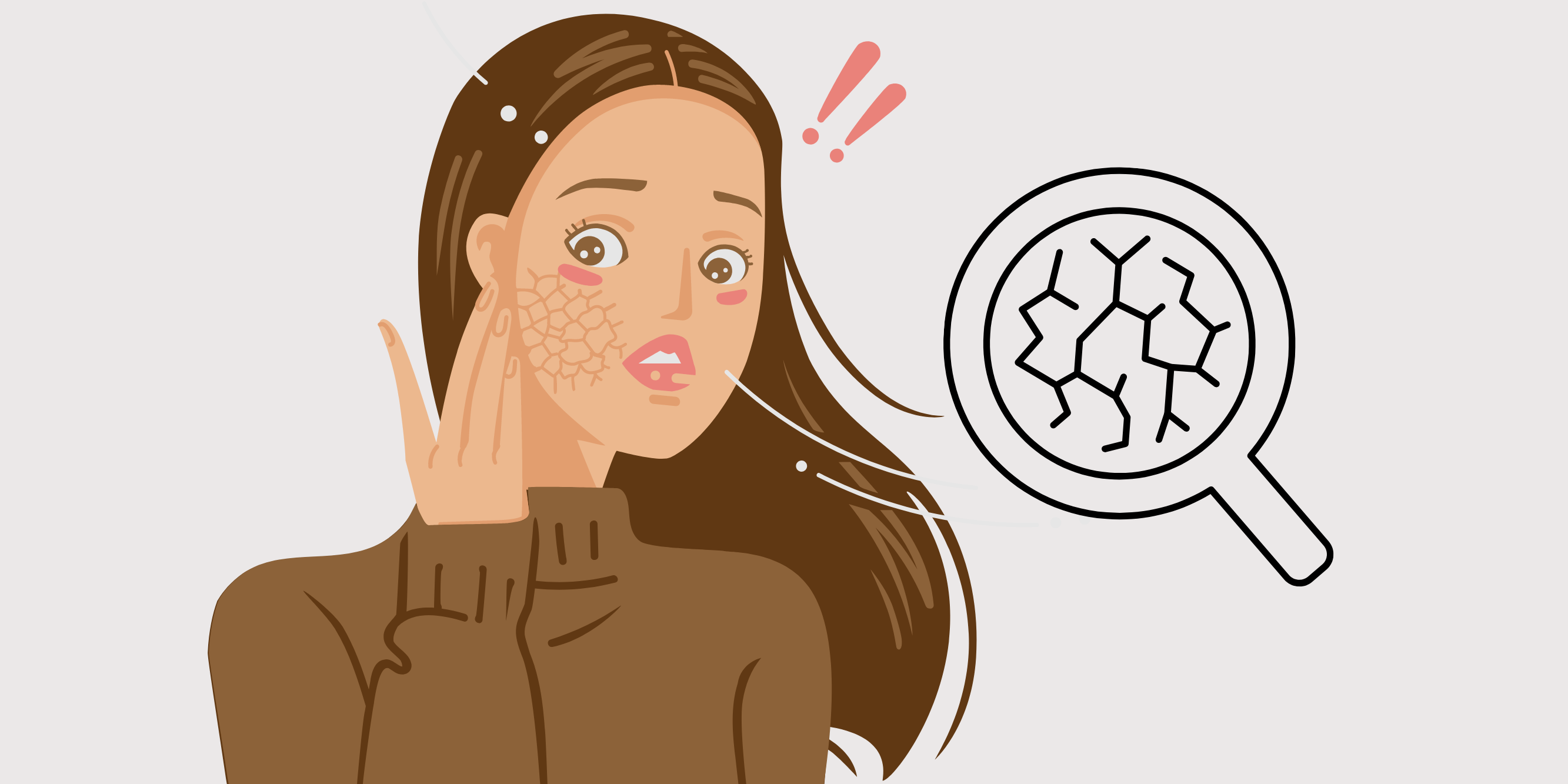
10 Causes For Dry Skin On Face
The general reasons for dry skin almost seem like a no-brainer. It’s primarily a lack of appropriate moisture. But where does the lack of moisture in the skin come from?
Well, it is mainly caused by an impaired skin barrier and a lack of healthy fats above the skin. The top layer of our skin is usually made up of natural oils and dead cells. And this provides aid in trapping moisture in order to keep the skin smooth and soft.
But when the top layer of your skin isn’t hydrated enough, the protective oils are automatically diminished. And this typically results in dry skin.
Today, this article will give you valuable insights into the major causes of dry skin. But before that, we will compare dry vs dehydrated skin. And finally, you will get to learn some commendable techniques to hydrate your dry skin.
Come, let’s dive in!
Dry vs Dehydrated Skin: Difference Between Both
The primary cause of dry skin is when the outermost layer of the skin lacks a significant amount of oil. The outermost skin layer, stratum corneum basically acts as a barrier and prevents all the harmful components from penetrating into the skin. So, your skin automatically becomes dry when the stratum corneum becomes abnormal On the other hand, dehydrated skin is a typical condition which causes the skin to dry due to lack of water. Dehydration basically results from insufficient body fluid for performing the otherwise usual functions. So when fluids leave the body rather than enter it, your skin becomes dehydrated.
What Causes Dry Skin?
For skin to remain healthy and perform its functions properly, it requires sufficient water. Besides, the naturally occurring oils are immensely crucial for keeping your skin supple, soft, and stretchy. And whenever there is insufficient oil and moisture, your skin can dry out.
Also read: Is Niacinamide Good for Dry Skin?
10 Causes for Dry Skin on Face
If you are wondering what causes dry skin, here are a few possible reasons:
· Harsh Soap
Harsh soaps have the potential to strip moisture from your skin. Go for gentler suplhate free cleansers instead like Daily Moisturiser which keeps your skin moisturised, soft and smooth.
· Hard Water
If you use hard water for cleansing your face, it can prevent the moisturisers from absorbing. Thus, your face skin becomes dry.
· Genetics
Another possible cause for your dry skin can be your genetics. In fact, researchers have found out that dry skin can be inherited.
· Indoor and Outdoor Dry Air
Dry air, indoors and outdoors, can affect your skin as it becomes dry. However, using the Daily Moisturiser With Blue Light Protection can seamlessly protect your skin.
· Acne Medications
Acne medications can be truly effective but can end up drying out your skin.
· Hot Showers
Steaming hot showers might be tempting, but prolonged showers can affect your skin. It can basically dry out the natural moisture present in your skin.
· Prolonged Washing
Washing your face for a long time will not make your face extra clean. It will just make your skin dry, and thereby cracked.
· Ageing
When you grow older, your skin tends to become dry. So, adults who are 40 years or older are at an increased risk of experiencing dry skin. It’s mainly because our skin tends to lose its moisture with the alterations in hormones.
· Medical Conditions
Skin conditions like eczema and psoriasis can make your skin drier. However, dry skin can possibly indicate health issues like hypothyroidism, diabetes, malnutrition,etc.
How to Hydrate Dry Skin
Regardless of what makes your skin dry, you can readily solve the issue by adhering to an appropriate skincare regimen. For instance, you can use the moisturising products from The Pink Foundry and see remarkable results within a few days!
Also read: 10 Causes For Dry Skin On Face
Conclusion
Millions of people complain about dry skin. And if you have been experiencing the same, then one reason could be environmental factors. However, certain underlying health conditions might be like dehydration, eczema, diabetes, etc. But if there is any critical issue, consult your dermatologist to get the best treatment.






















































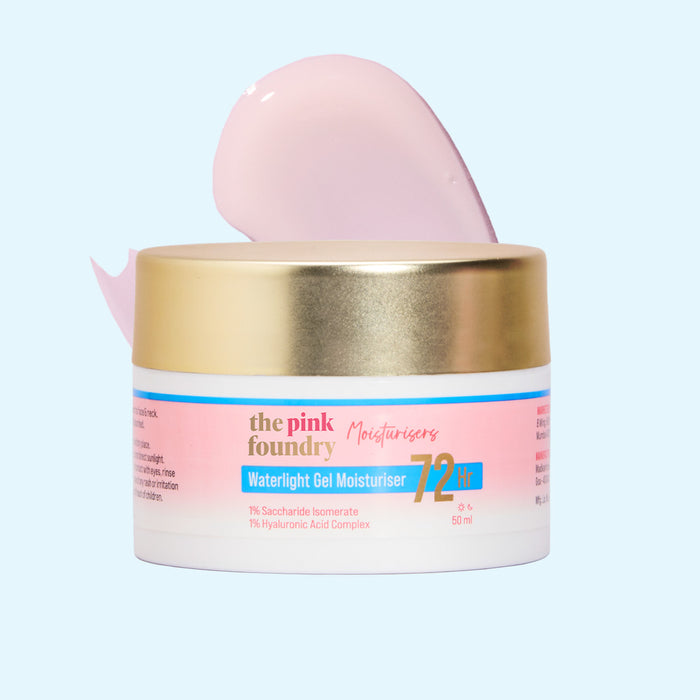
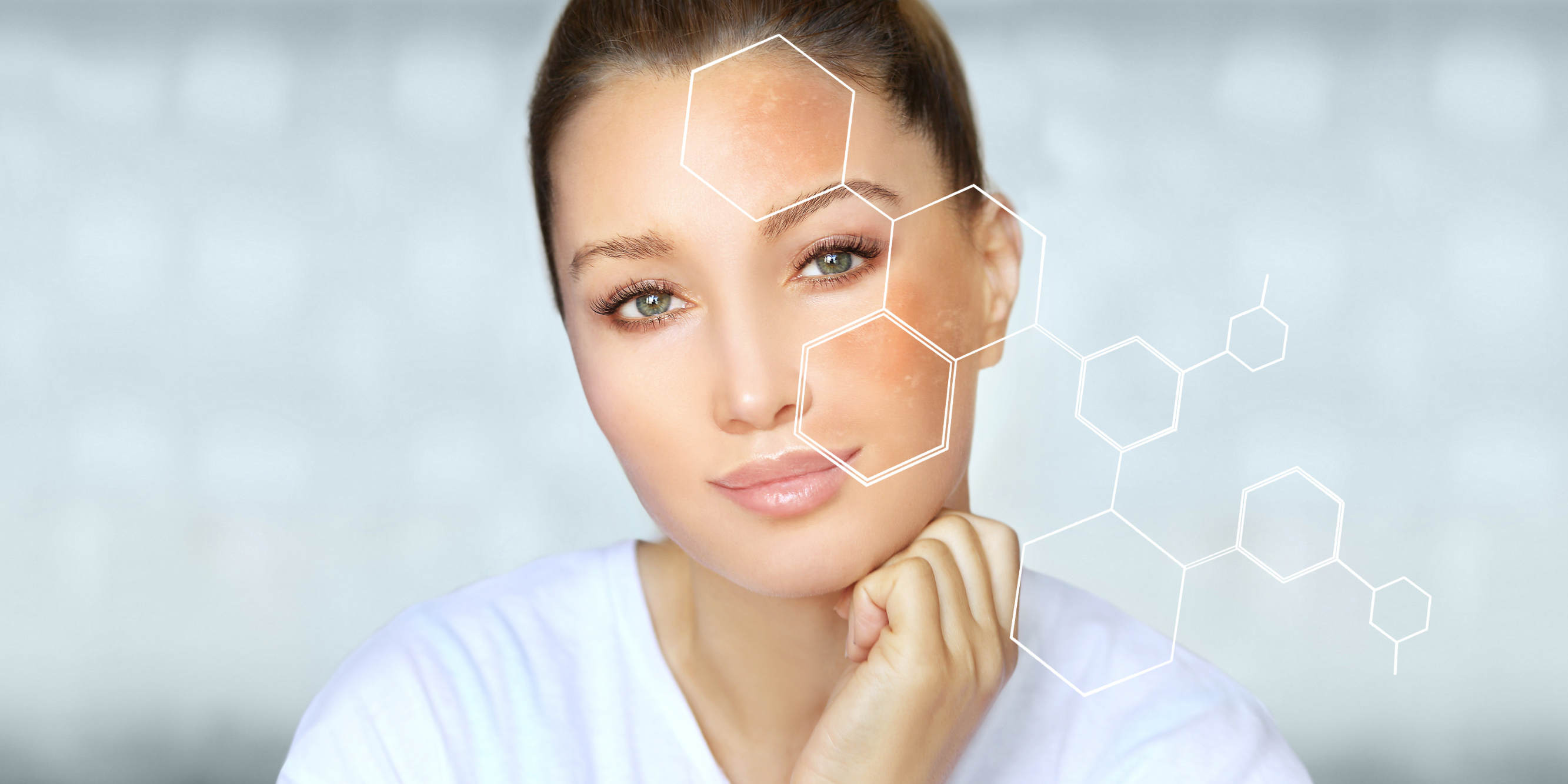
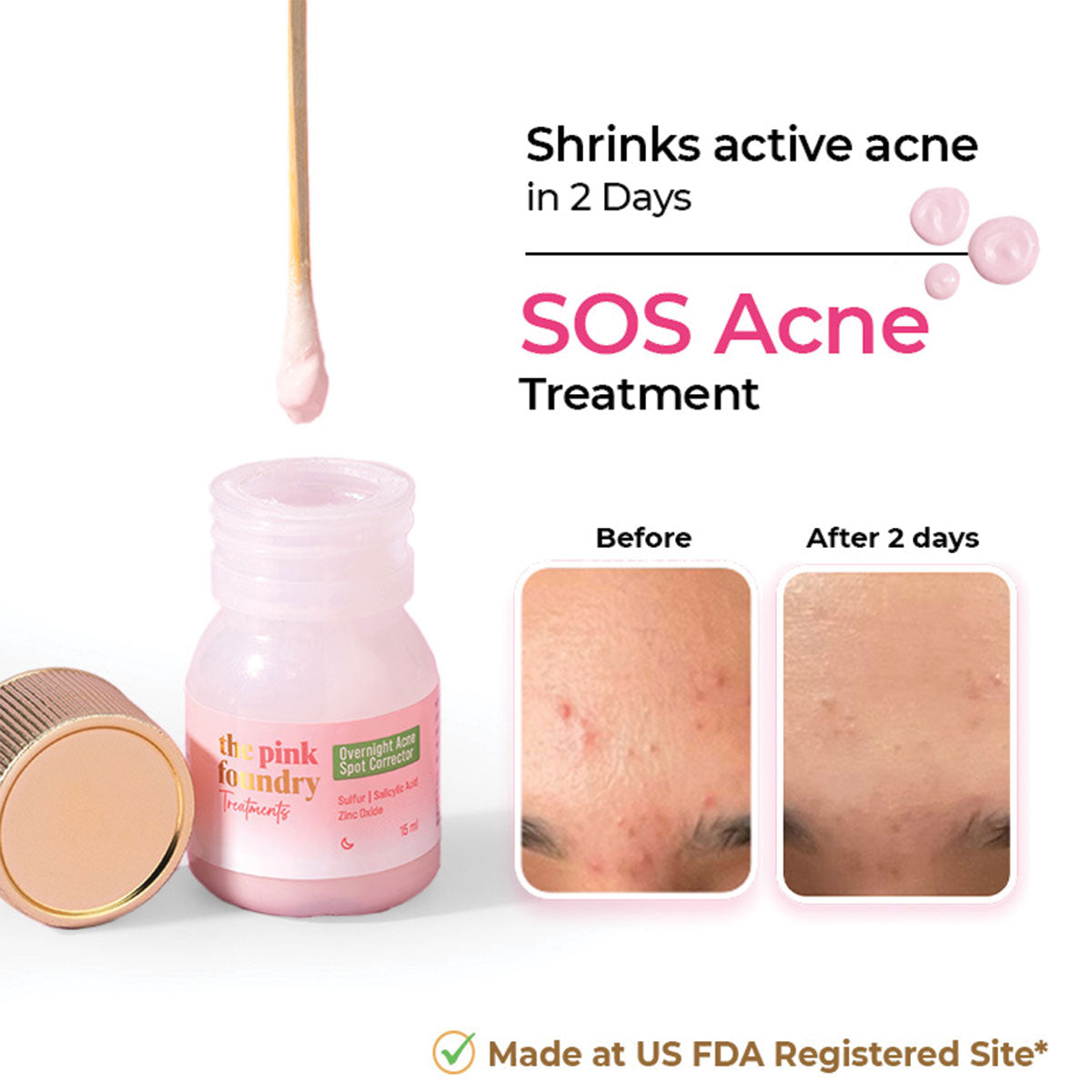
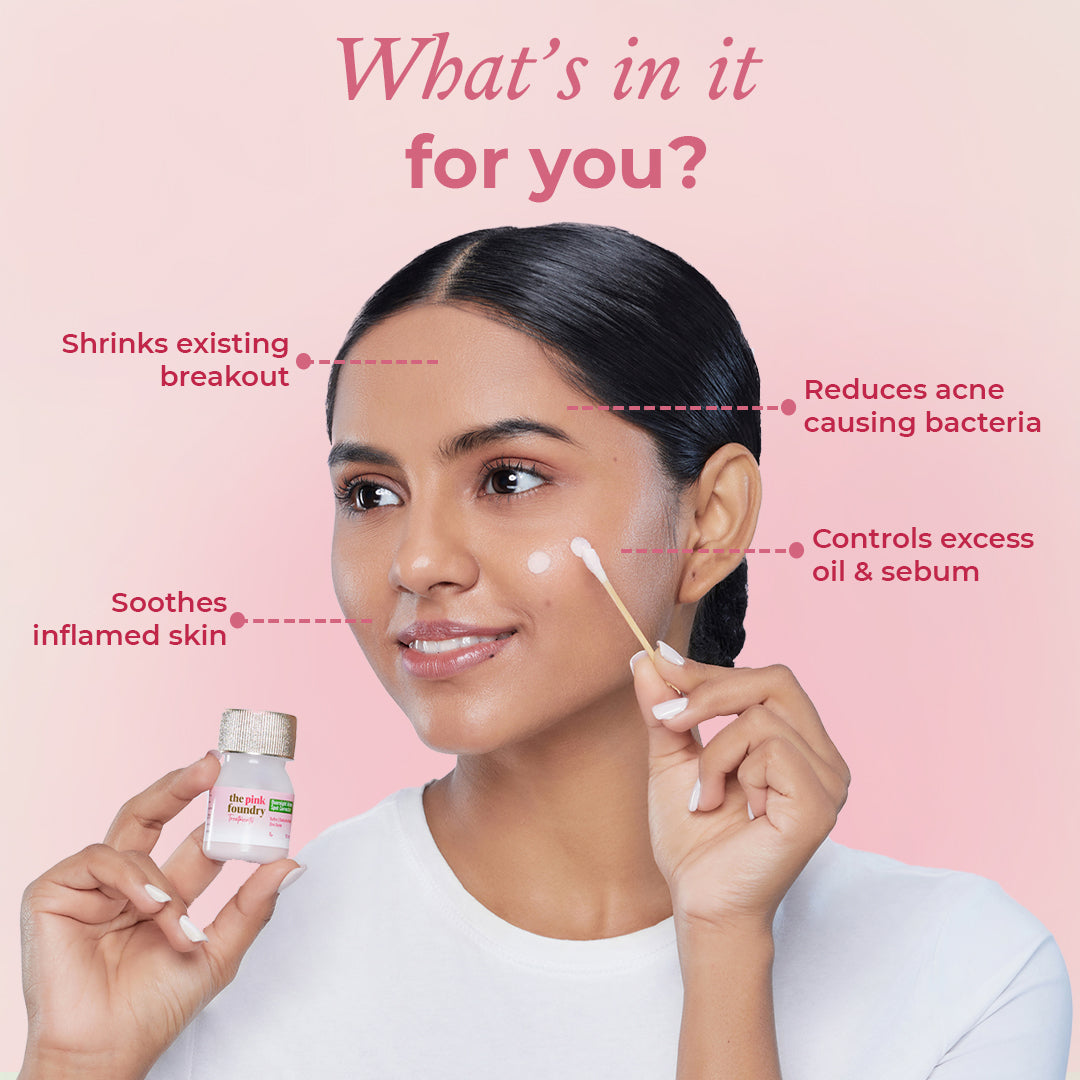


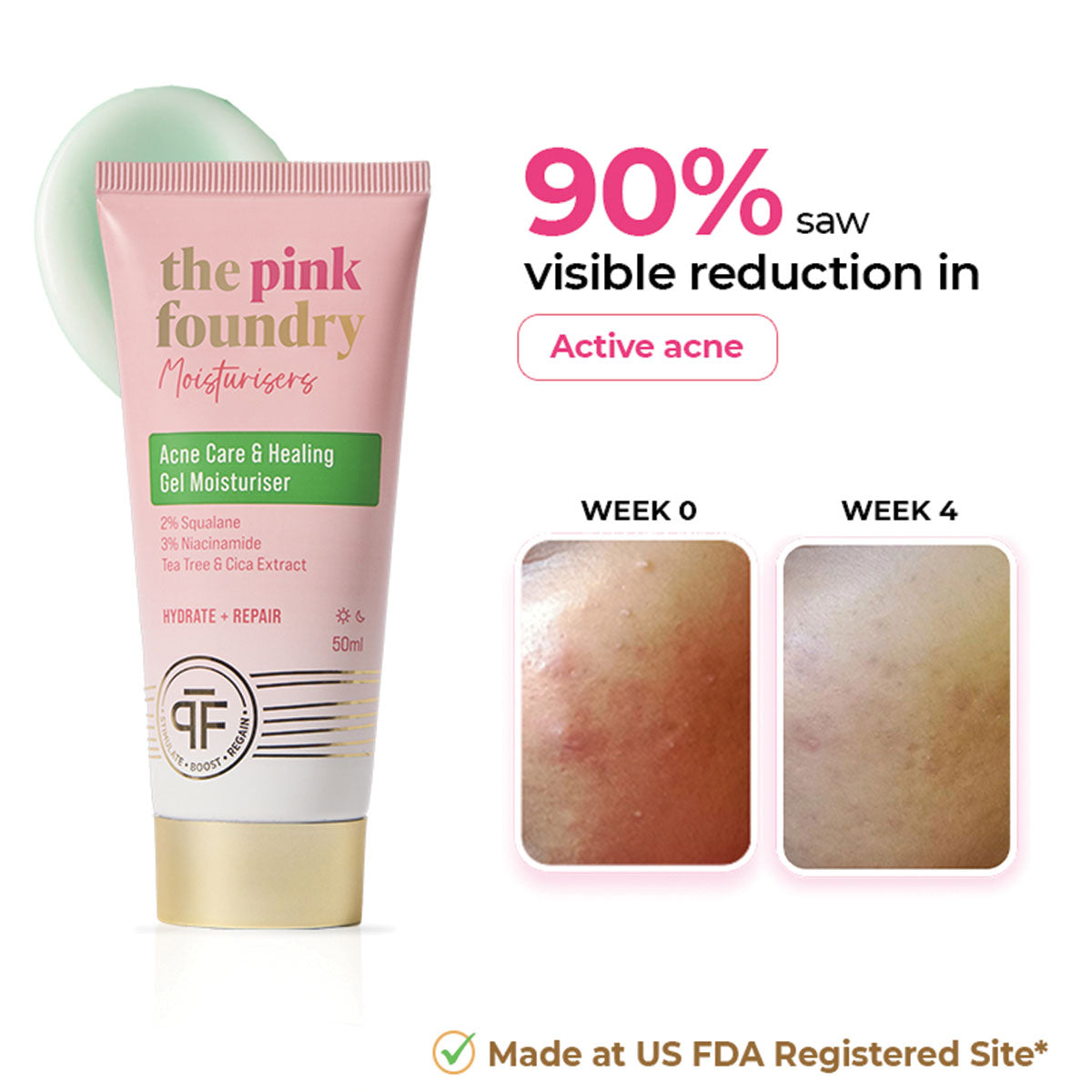
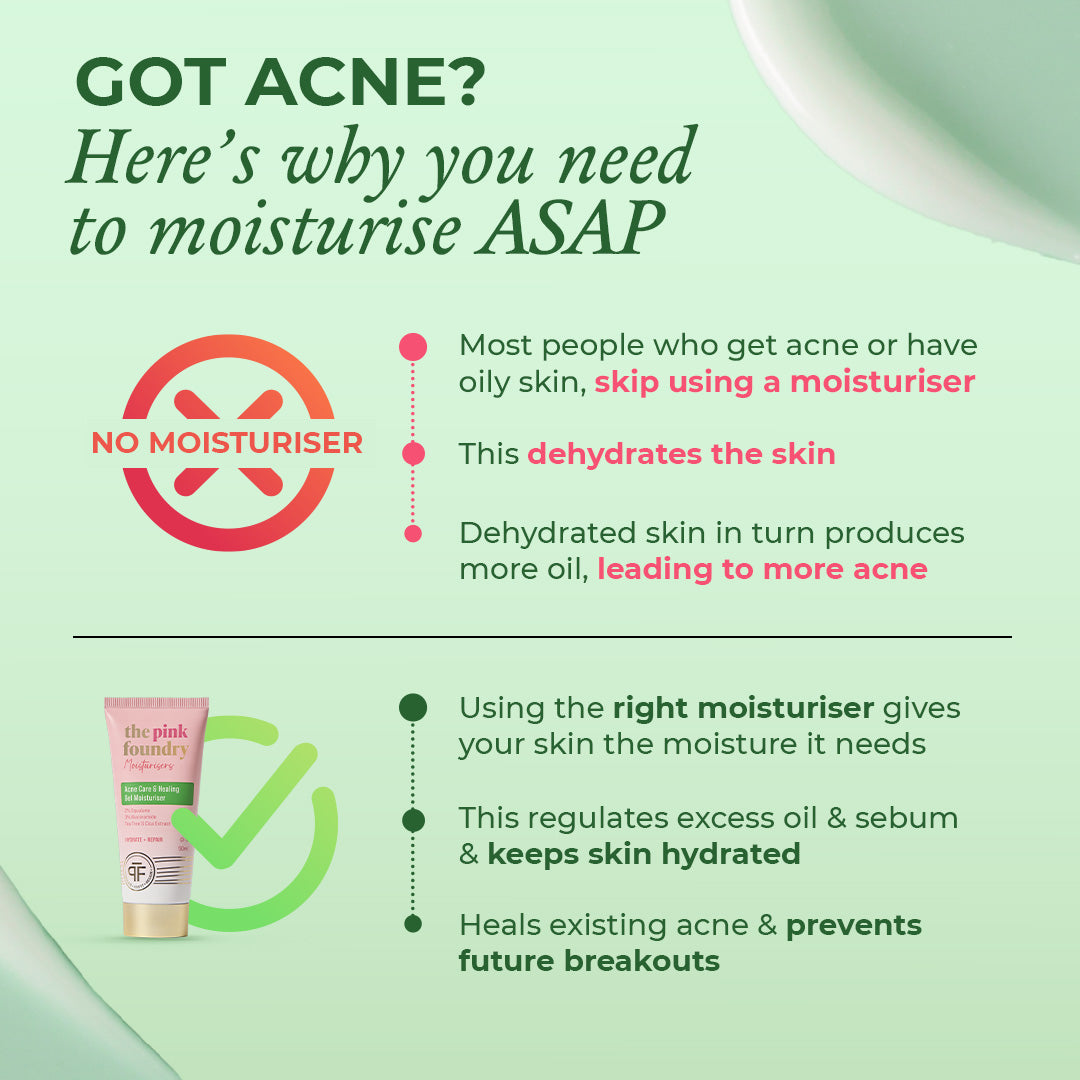










Leave a comment
This site is protected by hCaptcha and the hCaptcha Privacy Policy and Terms of Service apply.